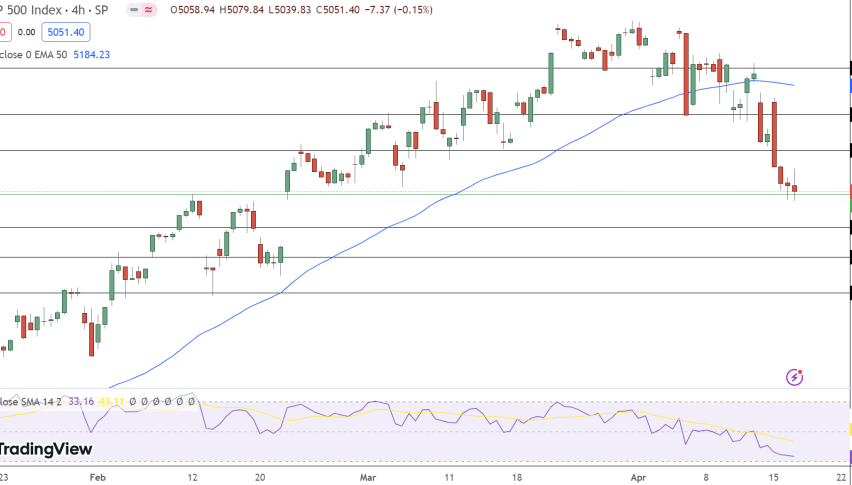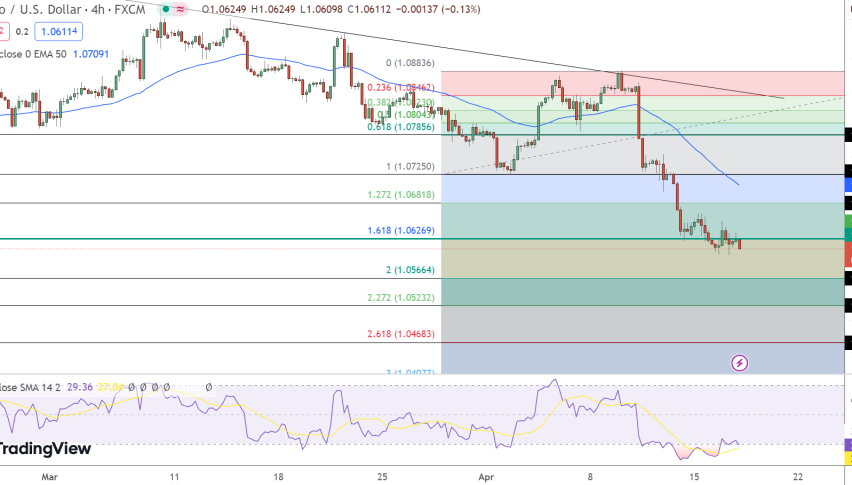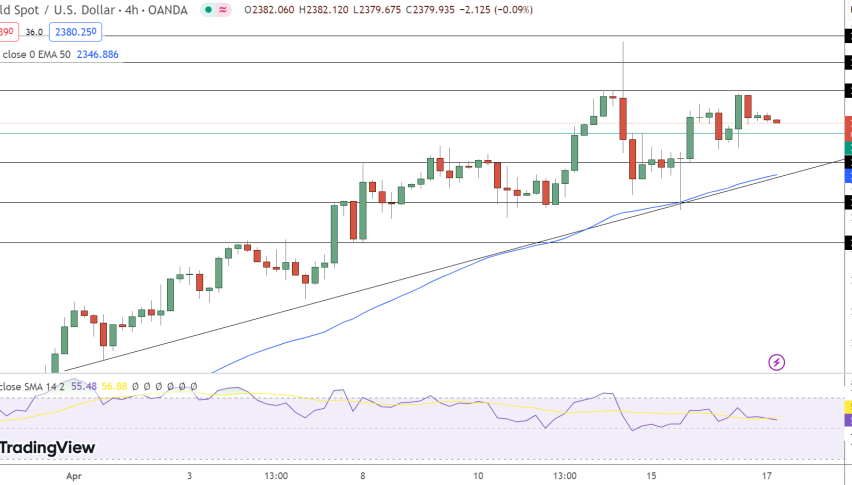
Over the last several weeks, the Scalping 101 series has talked about a variety of elements vital to executing a successful scalping strategy. From the required computer hardware to selecting an ideal product to trade, many of the basics have been covered. In today’s installment, we are going to talk about the most important element of scalping — taking a loss.
You Are Going To Lose
When a trader first enters the financial markets, optimism over potential financial rewards often overshadow the realities of active trading. No one embarks upon a career in the markets with a goal of losing money. However, in many cases, this is exactly what happens.
In case you haven’t already heard, let me be the first to tell you: Losing is a certainty. If you are going to trade, then at some point you will lose.
However, the beauty of active trading is that you are in complete control of how you lose. Given the correct mindset, taking a loss can become an art form.
Poor Losers Don’t Last Long
As with most things related to active trading, there are pitfalls that make taking a loss difficult. Below are a few of the most common psychological challenges that make many traders poor losers:
- Damaged Ego: Taking a loss personally is a sure-fire way to lose money and become mentally unhinged in the process. The market does not care if you are right or wrong, winning big or losing the farm. Relating one’s self-worth to a single trade’s outcome causes a myriad of problems. An inability to execute trades, second-guessing decisions, and over-analyzing the market are a few problems resulting from a bruised ego.
- Defeatism: As soon as the “woe is me” attitude creeps into the trader’s perception, then more losing is certain. If you do not think you can be successful, then you can’t be — simple as that.
- Get it Back, Quick!: No one enjoys looking at an account balance that is in the red. After all of the hard work and effort trading requires, losing money can be a soul-crushing experience. Nonetheless, taking a large number of mediocre trades or piling on the leverage is not the answer. Overtrading and haphazard risk management are two habits that will liquidate a trading account in no time.
No doubt about it, the psychological strain of dealing with account drawdowns can shake anyone’s faith and prompt many bad habits. The good news is that one can learn how to lose properly. Handling losses according to a rules-based approach is a great way to walk the tightrope and become a competent loser. This is one area of active trading where scalping systems can be invaluable.

Scalping Can Help You Become A Good Loser
The golden rule of scalping removes all of the guesswork related to handling a loss. Take losses fast, make them small, and move on to the next trade!
Under the tenets of a concrete scalping approach, losses are predetermined. There is zero discretion involved in deciding when to pull the plug on an underperforming trade. Closing out a negative position is like ripping off a bandage — take the pain and get back to work!
In the section above, we broke down several bad habits frequently adopted by poor losers. That coin does have a flip side, and below are a few characteristics of good losers:
- Even-Keel Temperament: Win or lose, successful traders are in it for the long-haul. The outcome of a single trade has little bearing on their mood or outlook toward the future.
- Know When To Quit: Everyone has a bad day. Unfortunately, a bad day on the market can cost a lot of money. When faced with a string of improbable losses, a good loser knows when to quit and begin preparations for the coming session.
- Eye On Improvement: In the markets, education is an ongoing process. Being able to learn from losses and apply the lessons moving forward is crucial to developing as a trader. It seems simple, but evaluating a loss honestly can be a difficult task. Losing is no fun — looking at a loss in earnest takes courage.
To Wrap It All Up…
Adhering to a scalping strategy can help provide the structure necessary to becoming a well-tempered, resilient, consistent trader. However, scalping, or any strategy for that matter, is not the cure-all for sustaining profitability in the marketplace.
At the end of the day, achievement of any trade-related goal is a product of desire, discipline, and dedication. Becoming a good loser stems from these personal attributes — and is the key to sustaining a long career in the markets.












